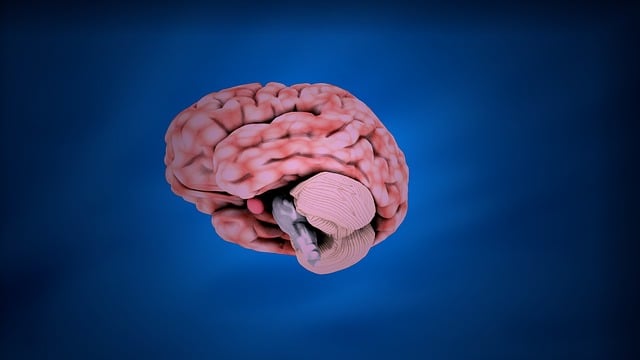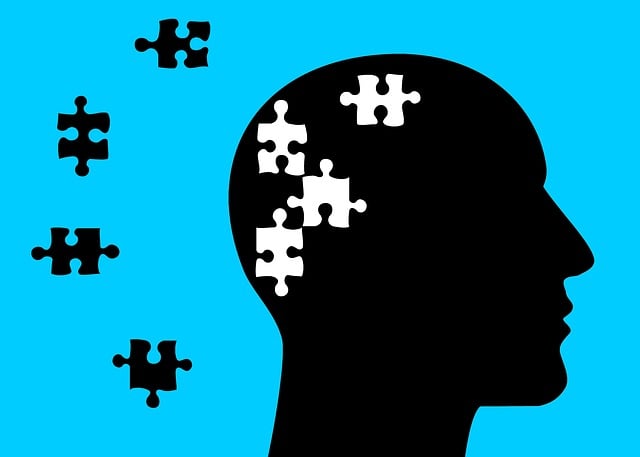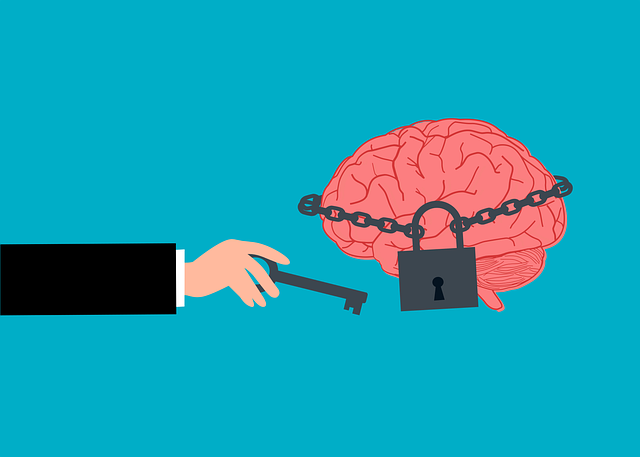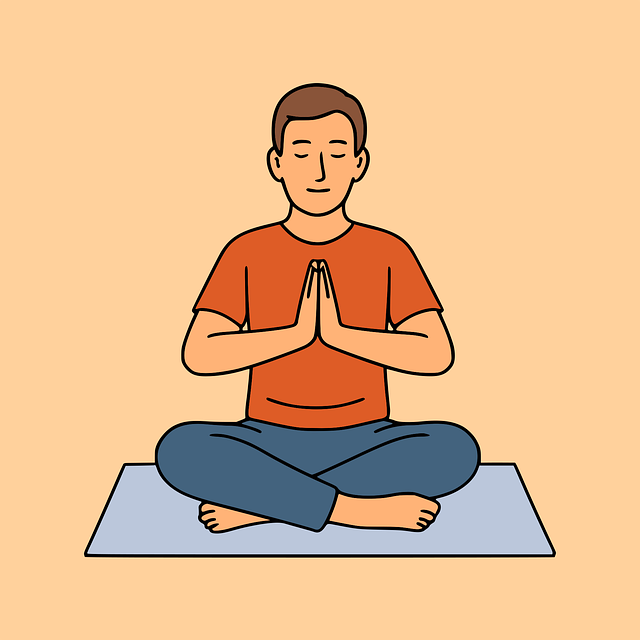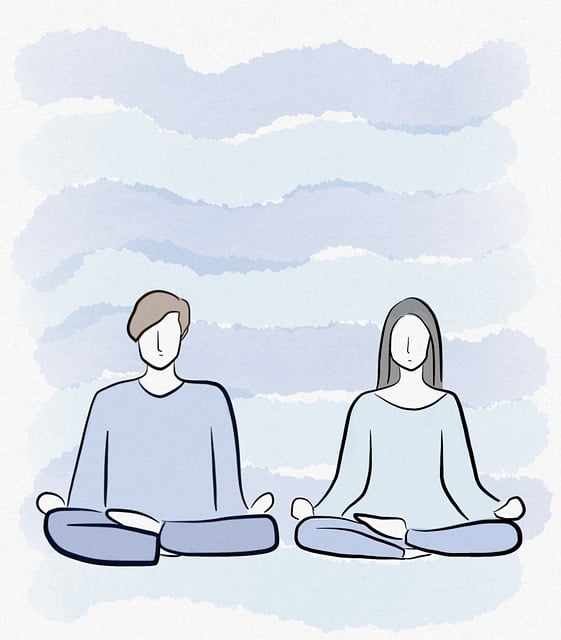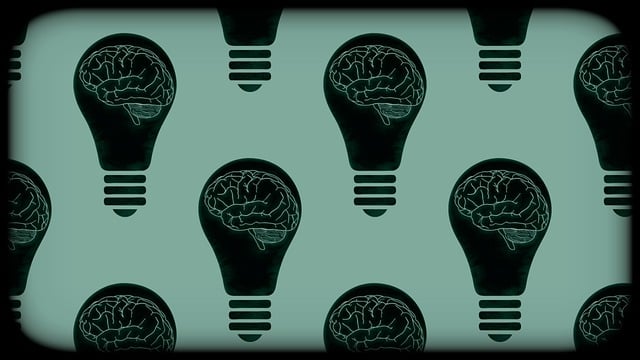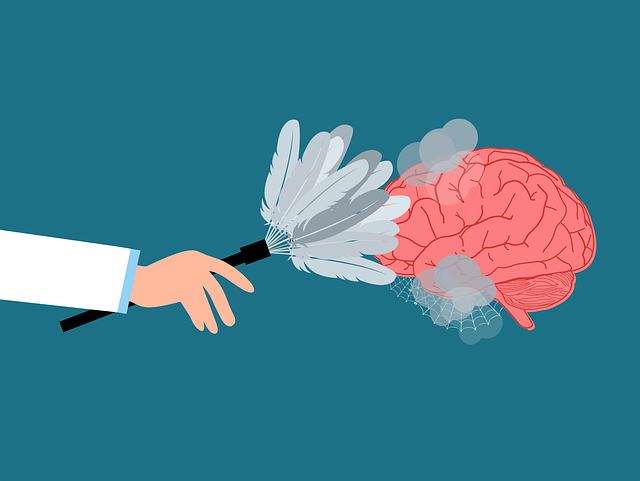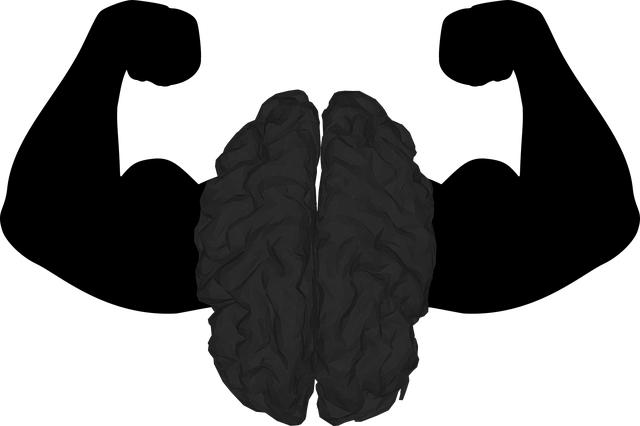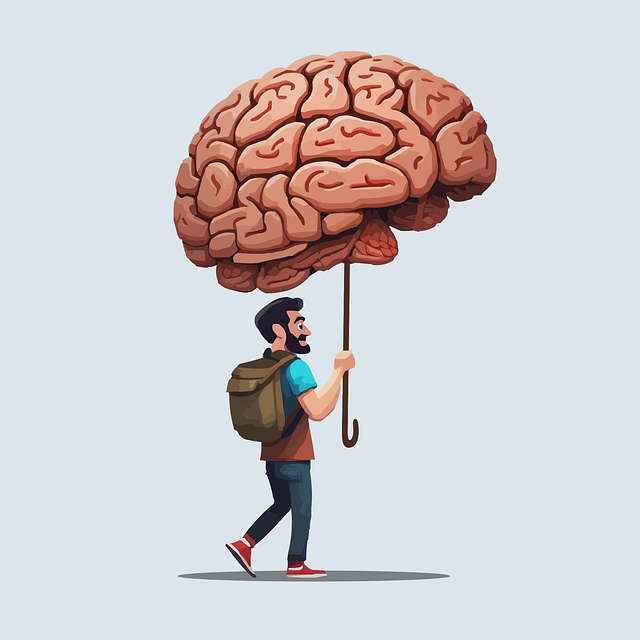Mental wellness journaling is a powerful tool for overall well-being, especially for individuals with ADD/ADHD. By documenting thoughts, emotions, and behaviors, it promotes positive mental health and self-awareness, enhancing focus and organizational skills. Journaling supports mental health policy advocacy and offers a simple yet effective practice for superior ADD-ADHD therapy. To maximize its benefits, create a comfortable space, choose a suitable format (physical or digital), be consistent, incorporate gratitude lists, mindfulness practices, creative expression, and reflect on cultural sensitivity. This structured approach aids in tracking progress, identifying patterns, evaluating coping strategies, and managing symptoms, ultimately enhancing mood and reducing stigma.
Mental wellness journaling is a powerful tool for self-care, offering a safe space to explore thoughts and emotions. This article guides you through a transformative journey, from understanding the benefits of journaling for mental health to creating a personalized practice. Learn how to set up your journal for success, capture thoughts effectively, and use creative expression to enhance healing. Discover the power of regular reflection and tracking progress, making journaling an invaluable resource for superior ADD-ADHD therapy.
- Understanding Mental Wellness and its Journaling Benefits
- Setting Up Your Journal for Success
- Capturing Thoughts: Techniques for Effective Recording
- Incorporating Creative Expression for Enhanced Healing
- Reflecting and Tracking Progress: The Power of Regular Review
Understanding Mental Wellness and its Journaling Benefits

Mental wellness journaling is a powerful tool that can significantly contribute to one’s overall well-being, especially for individuals dealing with conditions like ADD/ADHD. Understanding mental wellness involves recognizing the intricate interplay between our thoughts, emotions, and behaviors. It encompasses not just the absence of mental illness but also the presence of positive mental health, where one feels balanced, motivated, and capable of navigating life’s challenges.
Journaling offers a range of benefits for mental wellness, serving as a safe space to express oneself, process experiences, and gain insights. For those with ADD/ADHD, structured journaling exercises can enhance focus, improve organizational skills, and foster self-awareness. This simple yet effective practice allows individuals to track their moods, set achievable goals, and reflect on personal growth. Moreover, mental health policy analysis and advocacy can be supported by journaling, as it encourages individuals to articulate their experiences and contribute to conversations around healthcare provider cultural competency training and the design of effective mental health education programs.
Setting Up Your Journal for Success

Setting up your journal for success is a crucial step in embarking on your mental wellness journey. Start by choosing a space where you feel comfortable and can dedicate time to this practice regularly. Whether it’s a quiet corner in your home or a serene spot outdoors, create an environment that encourages reflection and self-care. Select a journal that resonates with you—it could be a physical notebook or a digital one, depending on your preference. Consistency is key; aim for a regular journaling routine, such as daily or weekly, to make it a sustainable habit.
Incorporating elements like gratitude lists, positive affirmations, and space for creative expression can enhance your journal’s effectiveness. Consider using prompts related to Compassion Cultivation Practices to foster self-compassion and kindness towards yourself. Mental health is also about understanding our environment; thus, jotting down thoughts on recent events, interactions, or even the impact of certain policies (like those in Mental Health Policy Analysis and Advocacy) can provide valuable insights. Through this process, you’re not just recording thoughts but also gaining a deeper understanding of your mental landscape, which is essential for effective ADD-ADHD therapy.
Capturing Thoughts: Techniques for Effective Recording

Capturing thoughts accurately is a vital step in effective mental wellness journaling. For individuals with Attention Deficit Disorder (ADD) or Attention Deficit Hyperactivity Disorder (ADHD), this process can be particularly challenging but also highly rewarding. One technique involves breaking down thoughts and experiences into smaller, manageable chunks. Using bullet points or short sentences helps to organize the mind’s often rapid flow of ideas.
Additionally, incorporating mindfulness practices like deep breathing or meditation before journaling can calm the mind and enhance focus. Encouraging a non-judgmental attitude towards oneself is also essential, especially in cultivating compassion cultivation practices. This self-compassion can significantly improve self-esteem, a key aspect often targeted in mental wellness journeys. Considering cultural sensitivity in mental healthcare practice ensures that one’s journal remains a safe and personal space, reflecting their unique experiences without bias or judgment.
Incorporating Creative Expression for Enhanced Healing

Incorporating creative expression into your mental wellness journaling practice can significantly enhance healing processes, especially for individuals managing conditions like ADD/ADHD. Artistic mediums such as drawing, painting, or even collage offer alternative avenues to process emotions and experiences that might be challenging to articulate through words alone. This non-verbal form of communication allows for a more intuitive and expressive way to explore complex feelings, providing a powerful tool for self-discovery.
By engaging in creative activities within your journal, you can effectively manage stress, alleviate symptoms of burnout, and promote emotional well-being. The process of creating art helps to calm the mind, reduce anxiety, and foster a sense of control. This, in turn, supports better focus and concentration—key benefits for ADD/ADHD therapy. Moreover, using color, shape, and texture can provide insights into your subconscious, aiding in understanding and managing your mental health journey.
Reflecting and Tracking Progress: The Power of Regular Review

Regularly reviewing your mental wellness journey through journaling is a powerful tool for self-awareness and progress tracking. By setting aside dedicated time to reflect on your experiences, emotions, and thoughts, you can gain valuable insights into what works best for managing your mental health. This practice allows you to identify patterns in your mood and behaviors, helping you make informed decisions about your care.
For those with ADD/ADHD, this structured reflection can be a game-changer. It enables them to track their symptoms, try different coping strategies, and measure the effectiveness of various therapies, such as superior ADD-ADHD therapy techniques incorporated into mental wellness coaching programs. This continuous evaluation facilitates better mood management and contributes to reducing the stigma associated with mental illness by showcasing personal growth and resilience.
Mental wellness journaling is a powerful tool for self-discovery and healing. By integrating techniques from this article, such as setting up a structured journal, capturing thoughts effectively, and incorporating creative expression, you can harness the benefits of journaling to improve your mental health. Regular reflection and tracking progress are key to unlocking the full potential of this practice, allowing you to navigate life’s challenges with enhanced resilience. Remember, superior ADD-ADHD therapy often involves complementary approaches like journaling, which can support overall well-being and personal growth.

